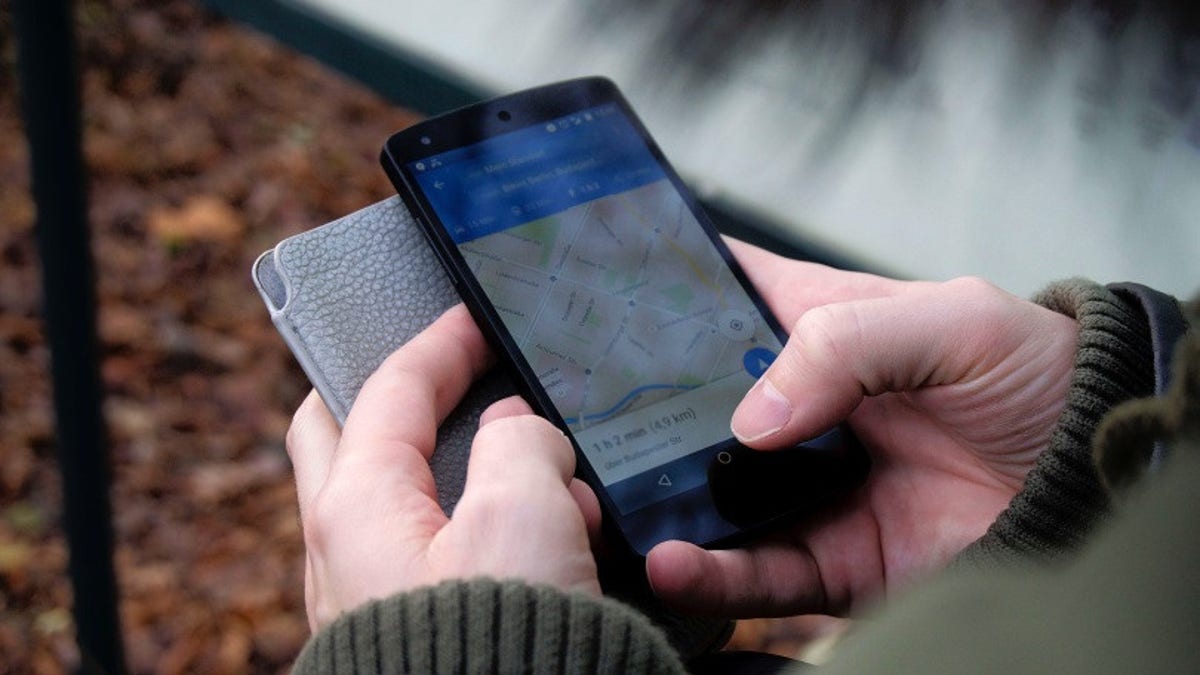
Google first introduced Incognito Mode years ago with the release of the Chrome browser. Now, as part of a larger push to enhance consumer privacy, the search giant is adding Incognito Mode to both Google Search and Google Maps.
When Incognito Mode is engaged in Chrome, your activities aren't stored in your browser history. It also disables cookies, which are used to identify and sometimes track individuals around the web, and turns off browser extensions. It doesn't hide your online activity, as a VPN would.
Incognito mode for Google Maps will be similar, Google CEO Sundar Pichai explained in a blog post. Once Incognito Mode is engaged in Maps, "you can search and navigate without linking this activity with your Google account," he wrote.
You may have noticed that when you search in Google, meanwhile, your old searches sometimes pop up again. Google uses your activity to tailor the results for you, but not so with Incognito Mode for Search.
More From PCmag
Incognito for Google Maps and Search are coming later this year. Google has already rolled out an Incognito Mode for YouTube. "We strongly believe that privacy and security is for everyone, not just a few," said Pichai.
While this is an important move for Google, it's not yet clear what information will be saved when these new Incognito modes are engaged, and what the limitations will be. We have to assume that, like Incognito for Chrome, you won't be totally invisible.
In addition to Incognito Mode, Google is taking steps to make privacy tools more visible and accessible. In the upcoming Android Q, a new Privacy section will appear in the Settings app. On the web, you'll soon be able to access privacy settings simply by clicking or tapping your picture in the upper-right corner in any Google app.
Last week, Google added tools so people can set a lifespan for their location data, with Google pledging to delete their information once it expires.
For some privacy advocates, Google is synonymous with corporate data mining of consumers. During a keynote at today's I/O developer conference in Mountain View, which took place at an outdoor amphitheater, a plane circled the crowd carrying a banner reading "Google control is not privacy."
This article originally appeared on PCMag.com.




















